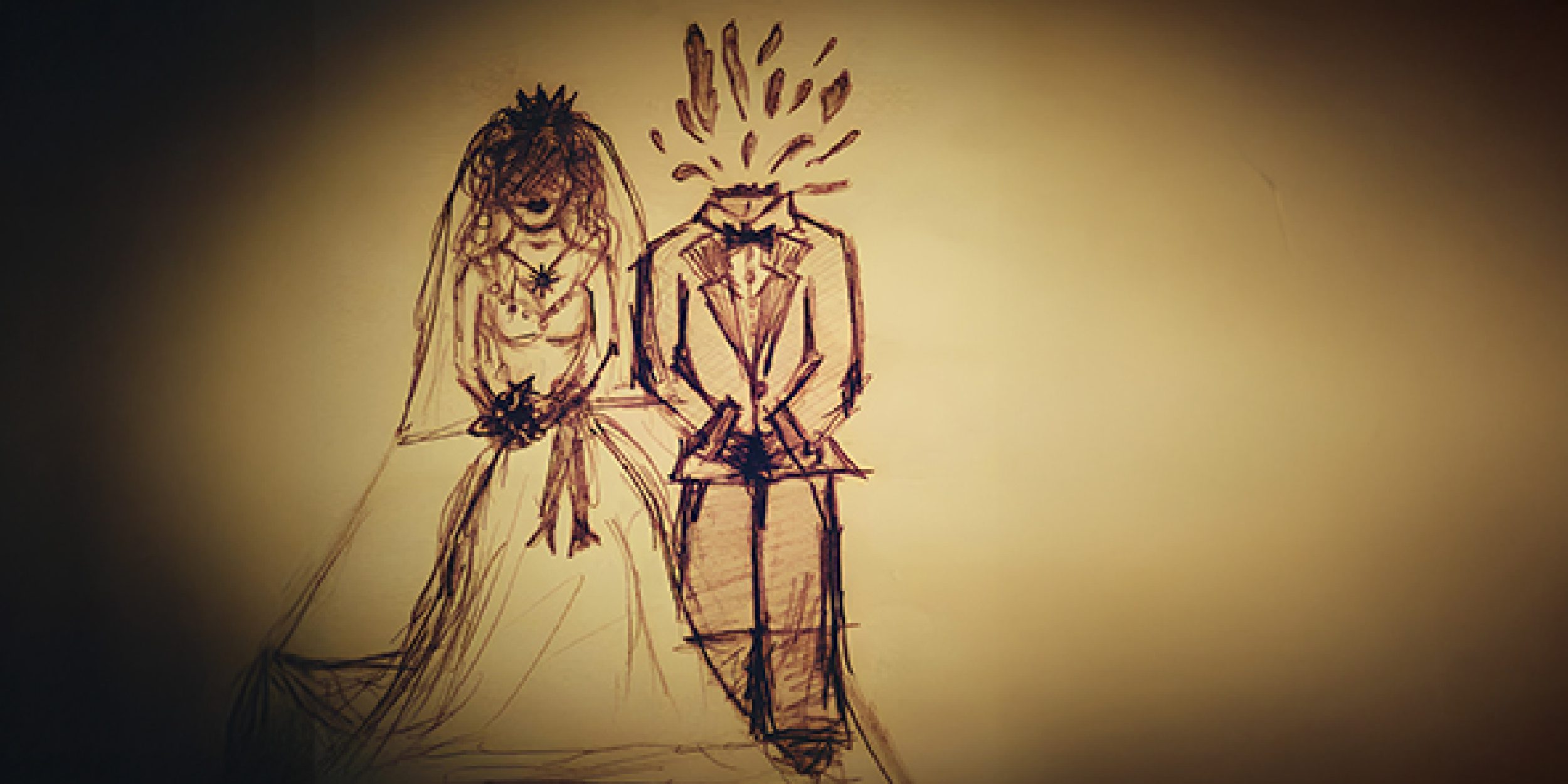Betrayal cuts deep. Infidelity ignites fury. However, what if, instead of tears, the betrayed woman cracks a smile? A sarcastic quip. A dark laugh in the face of destruction. Welcome to the thrilling, often uncomfortably relatable world of domestic suspense, where feminine rage meets dark humor—and the results are electric.
In Jessica Tepper’s gripping debut, the marriage between Brad and Amelia O’Neil begins as glossy and enviable—until the truth oozes through the cracks. He cheats. She knows. Instead of playing the meek, shattered wife, Amelia takes control. She does not just rage—she plots, she pivots, and she makes demands. However, here is the twist: the story is not just heavy with emotion. It is also laced with wit, irony, and a biting sense of humor that takes the edge off the pain—and then uses that edge as a weapon.
This is where dark humor shines. In the realm of betrayal, where emotions run high and tension builds like steam in a sealed pot, laughter—especially the bitter kind—is not just relief. It is rebellion.
Why Feminine Rage Resonates
Let us talk about rage. Not the explosive, physical kind—but the slow-burning, calculating, emotionally intelligent kind that simmers in women who have been wronged, dismissed, or betrayed. In stories like Tepper’s, feminine rage is not chaotic—it is strategic. In addition, most importantly, it is earned.
Amelia’s fury is not just about the affair. It is about being lied to, underestimated, and forced to rebuild a life that was supposed to be safe. Her ultimatum—therapy or divorce—is not weakness. It is power.
In addition, for readers, especially women, this kind of rage is cathartic. We see parts of ourselves in characters like Amelia. We cheer for them. We want them to reclaim their stories, even if they have to do it with a wine glass in one hand and a carefully timed barb in the other.
The Power of Dark Humor in Painful Places
Dark humor does something remarkable—it lets us explore deep, uncomfortable truths without being overwhelmed by them. It gives characters the space to be flawed, messy, and raw without becoming caricatures of trauma.
In fiction, especially in domestic thrillers, the line between tragedy and comedy is razor-thin. A wife discovering her husband’s infidelity? That is painful. However, the moment she starts reading his text messages aloud in a deadpan voice, mocking his cheesy attempts at romance, the scene shifts. The audience laughs—and in that laugh, there is liberation.
That is the genius of Tepper’s tone. The humor does not erase the hurt—it highlights it. It makes the betrayal sharper because it is not hidden in melodrama. It is wrapped in wit. In addition, wit, especially in the hands of a scorned woman, is lethal.
Infidelity Isn’t New—but Her Response Is
We have read stories of affairs before. We know the tropes. The mistress. The confrontation. The crying wife on the bathroom floor. However, what if the wife doesn’t cry? What if she acts?
Amelia’s response flips the script. She demands a new life on her terms. She does not beg—she bargains. In addition, when more secrets become known (hello, surprise twin sister), her strength is only magnified.
This shift—from victim to strategist—is part of a growing trend in domestic suspense. Readers crave complex female leads who do not just feel things—they do things. In addition, often, they do them with a smirk, a sharp one-liner, and maybe a touch of morally gray motivation.
Rage + Humor = Unforgettable Characters
Think about some of the most iconic characters in modern suspense: Amy Dunne from Gone Girl, Grace Sachs from The Undoing, or even the ensemble in Big Little Lies. What do they have in common? They are angry, sure—but they are also funny. Their strength comes not just from their survival, but also from their ability to observe, to comment, and to weaponize the absurdity of their situations.
Amelia O’Neil fits right in. She is not perfect—she is reactive, wounded, and suspicious—but she is also quick-witted, brutally honest, and unafraid to own her narrative. Her voice is the engine of the story, and it is one that readers will follow because it feels real. She cries, yes. However, she also jokes. She jabs. She makes us laugh in moments when we do not expect to. In addition, in doing so, she becomes unforgettable.
Why This Blend Works So Well in Domestic Thrillers
Domestic thrillers are intimate. They are about home, family, love, betrayal—the things we all live with. However, when these everyday elements are disrupted by lies, affairs, or shocking twists, the stakes suddenly feel enormous.
Adding dark humor to this volatile mix is like striking a match in a gas-filled room—it does not just lighten the mood, it heightens the drama. Every laugh is loaded. Every joke is a mask. In addition, every moment of humor adds contrast to the danger lurking underneath.
The result? A reading experience that is as emotionally satisfying as it is psychologically thrilling. In addition, in books like Jessica Tepper’s, that balance makes the suspense feel not just entertaining—but personal.
Final Thoughts
In the world of domestic suspense, rage and humor go hand-in-hand like partners in crime. The betrayed wife does not have to be silent. The woman scorned does not have to be tragic. In addition, the story does not have to be bleak to be powerful. Jessica Tepper’s debut novel reminds us that the sharpest weapon is not always a gun or a secret—it is often a well-placed joke. A sarcastic remark that slices through the lies. A knowing smirk from a woman who has just decided that enough is enough.
Therefore, if you are drawn to stories where betrayal meets backbone, where rage finds a voice, and where the laughs are as cutting as the plot twists—this is the kind of book you have been waiting for. In addition, remember: behind every dark joke is a truth we have been dying to say aloud.

